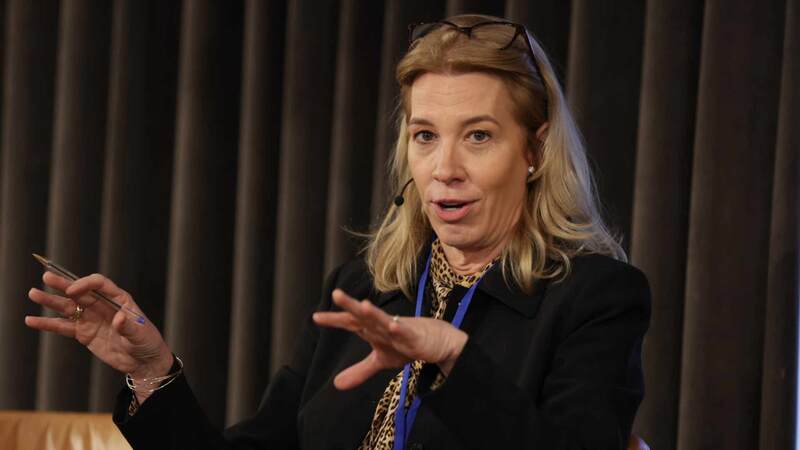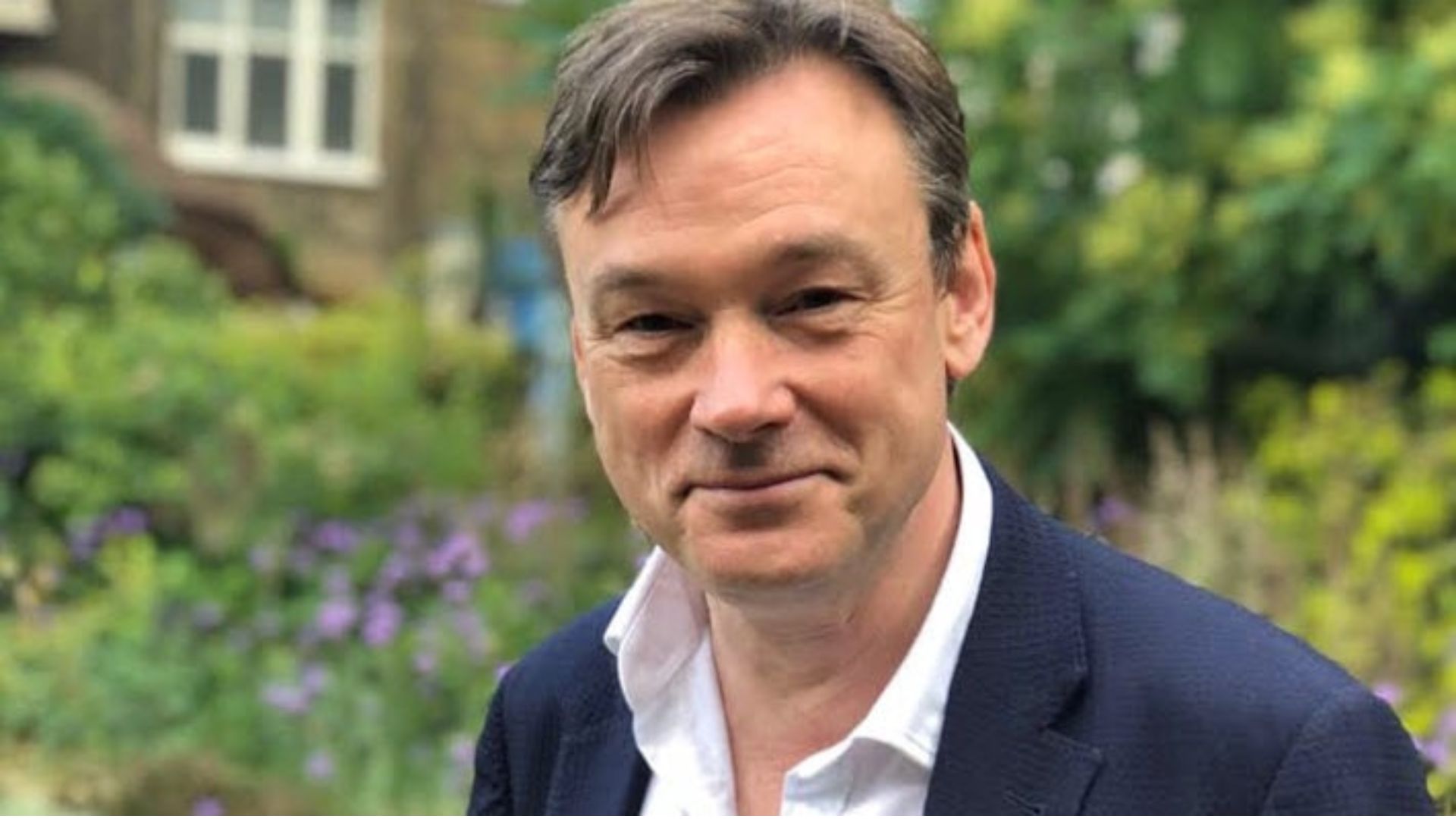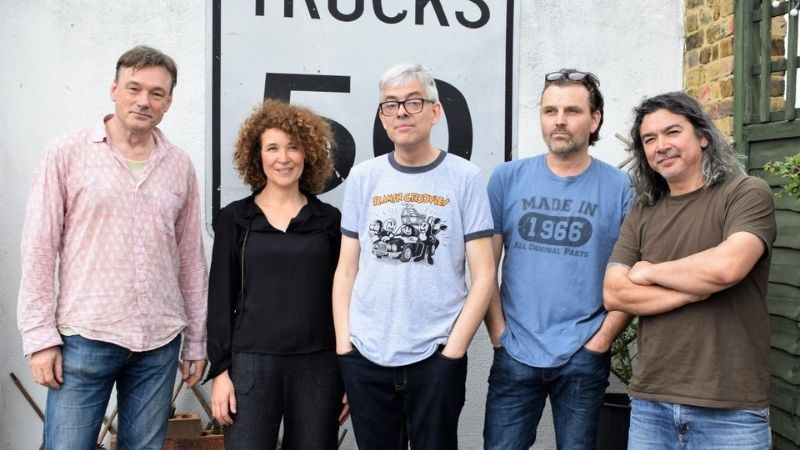You are viewing your 1 free article this month. Login to read more articles.
Remake, not return
The possibility of some bookshops reopening on 15th June has been greeted with great relief across the industry, and with good reason. It has become plain over the past 10 weeks that without a physical high street, the world of reading diminishes rapidly for almost everyone. Sales in e and audio may be showing some pleasing growth, but it is a small sea in an ocean of lost print sales. Indeed, in this period most publishers decided that without high street booksellers, there was little point in launching many new books. Once the crisis has passed, we need to re-animate our powerful ecology of bricks-and-mortar with online, print and digital, by ensuring that a thriving high street survives.
 Recovery, however, does not mean return. It can’t, sadly. There was so much that was symbiotic and successful about the model that had evolved for reading and writing around the world in the past decade. Key parts of that have been savaged by the pandemic crisis. High street bookselling and live bookshop and festival events are worst affected. The wider cultural world of theatre, music, dance, film and the performing arts, of museums and galleries, is in an existential crisis, and while they don’t play a large role in our industry, they are our cultural cousins and are central to the interests of many readers and writers. At Faber, we’ve been recently reminded of the powerful relationship between television and books with the extraordinary success of the BBC adaptation of Sally Rooney’s Normal People, which prompted a mass of new readers to turn to the novel.
Recovery, however, does not mean return. It can’t, sadly. There was so much that was symbiotic and successful about the model that had evolved for reading and writing around the world in the past decade. Key parts of that have been savaged by the pandemic crisis. High street bookselling and live bookshop and festival events are worst affected. The wider cultural world of theatre, music, dance, film and the performing arts, of museums and galleries, is in an existential crisis, and while they don’t play a large role in our industry, they are our cultural cousins and are central to the interests of many readers and writers. At Faber, we’ve been recently reminded of the powerful relationship between television and books with the extraordinary success of the BBC adaptation of Sally Rooney’s Normal People, which prompted a mass of new readers to turn to the novel.
The road from ruin
In his beautiful book In Ruins, Christopher Woodward ponders our sentimental love of the ruins of past civilizations. Reading it during lockdown, I reflected on our tendency to focus on what is lost, rather than what we have. Moving forward, we should devote our energies not to being nostalgic, but to reimagining the ruins into something new.
The following seem to be some key building blocks.
Firstly, we have to walk the walk of being a trade that supports each other. We must get behind booksellers and support them as they find new ways to trade. The Independent Alliance is launching a package of supportive measures to welcome shops back in two weeks’ time. This is important work, but the real gauge will be how we support independent booksellers through the difficulties of trading in a educed environment up to and through Christmas.
Secondly, to thrive now, the independent book trade needs to find a long-term solution to becoming multi-channel retailers, and they must introduce a strong and sustainable online offering very soon. Some great shows of invention during the crisis may not prove durable in more normal times.
Thirdly, we need to do all we can to sustain the diverse range of publishers in the UK, which means lobbying the government to continue to support small businesses affected by the pandemic. The Arts Council intervention has been welcome, but it may buy time for some, rather than offer a bridge through the crisis.
Fourthly, we must be as inventive and collaborative as possible as we search for a new model around events. This needs a commercial dimension, and we need to be open to experiment.
Fifthly, it’s crucial we continue to prioritise inclusivity agendas in the publishing sector. Despite lean recruitment and tight budgets, we must not shy away from the commitments we have made to ensure that our industry becomes far more reflective of our society. It is essential to our recovery and to our future success that we continue to be bold in our transformation.
Looking up
Finally, I’ve been struck by the story of reading over the past three months. Reading is not in ruin. Reading is in rude health. We are fortunate to work in a vocational sector that adds such richness to the lives of many of our fellow citizens. As we recover we must look ahead, not behind, and rebuild our industry to serve writers and readers. To do so will require us to reimagine with a flair and ambition that meets the challenge of the times we live in. It’s essential work for those we serve, and for our society.




















